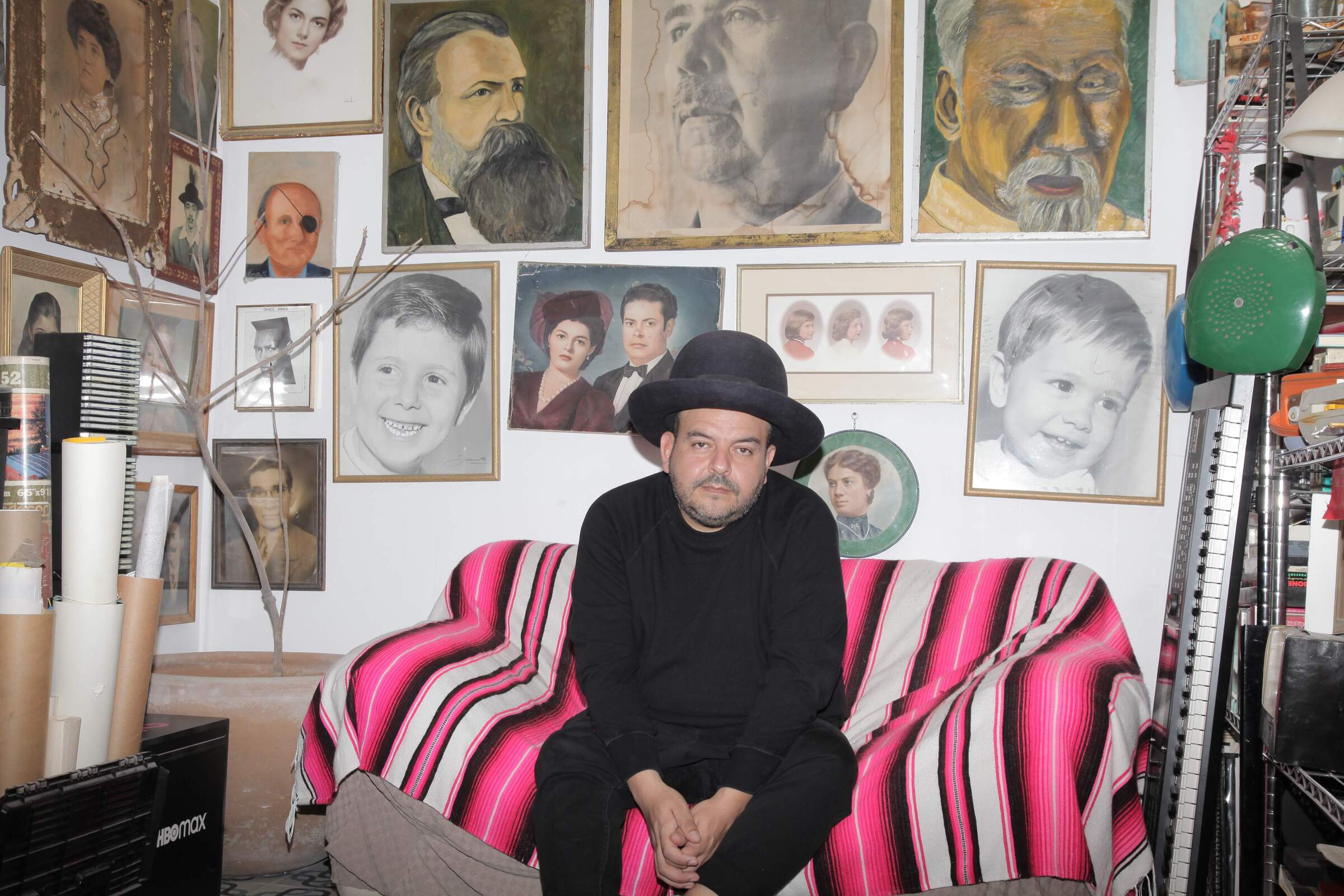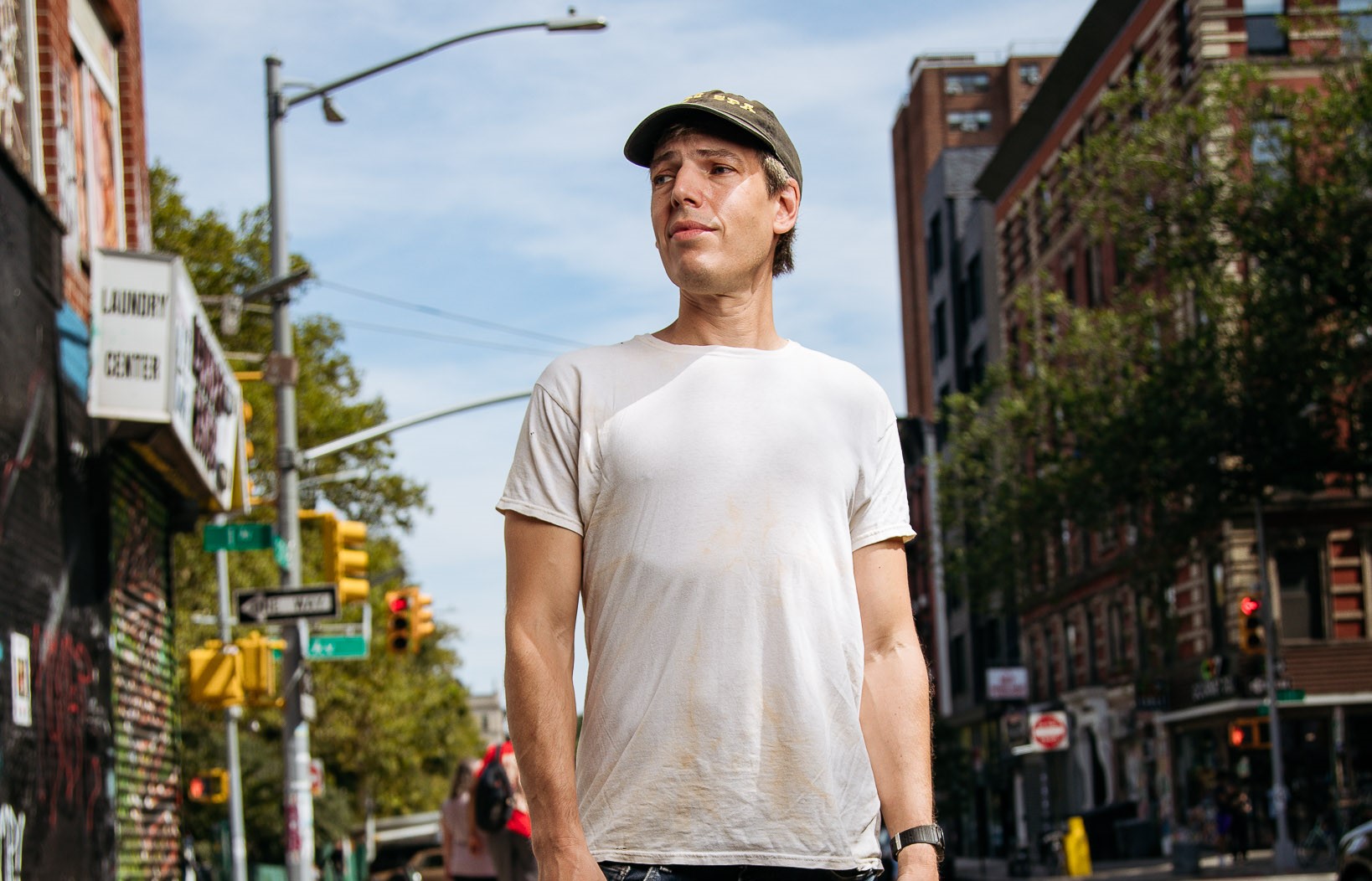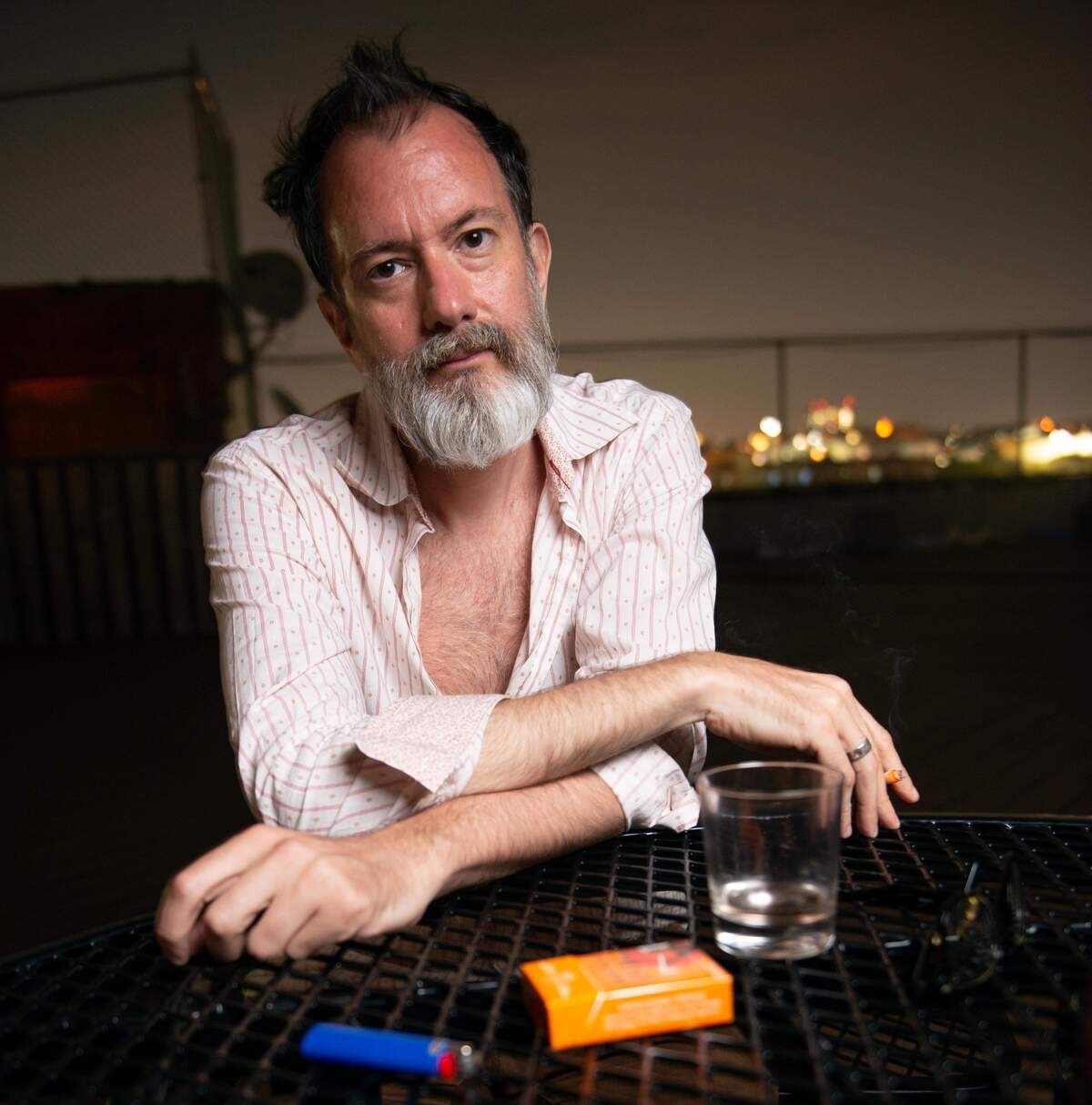Mexican Institute of Sound | Interview | Celebrates 20 Years Of Music At The Jazz Café
Grammy-winning DJ and producer Camilo Lara, the mastermind behind Mexican Institute of Sound, reflects on two decades of innovation and influence in Latin music.
As he prepares for a rare full band show at the Jazz Café on Wednesday, 25th September, we caught up with him to delve into his creative journey and future ambitions.
Mexican Institute of Sound, the brainchild of Camilo Lara, has been a revolutionary force in Latin music for over two decades, blending traditional Cumbia and Cha-Cha-Cha with contemporary electronic elements. Lara’s innovative sound has not only invigorated dance floors but also made its mark on major film and TV soundtracks, including Black Panther: Wakanda Forever and Narcos. Celebrated for redefining Mexican sounds, the project continues to captivate audiences with its unique fusion of old and new.
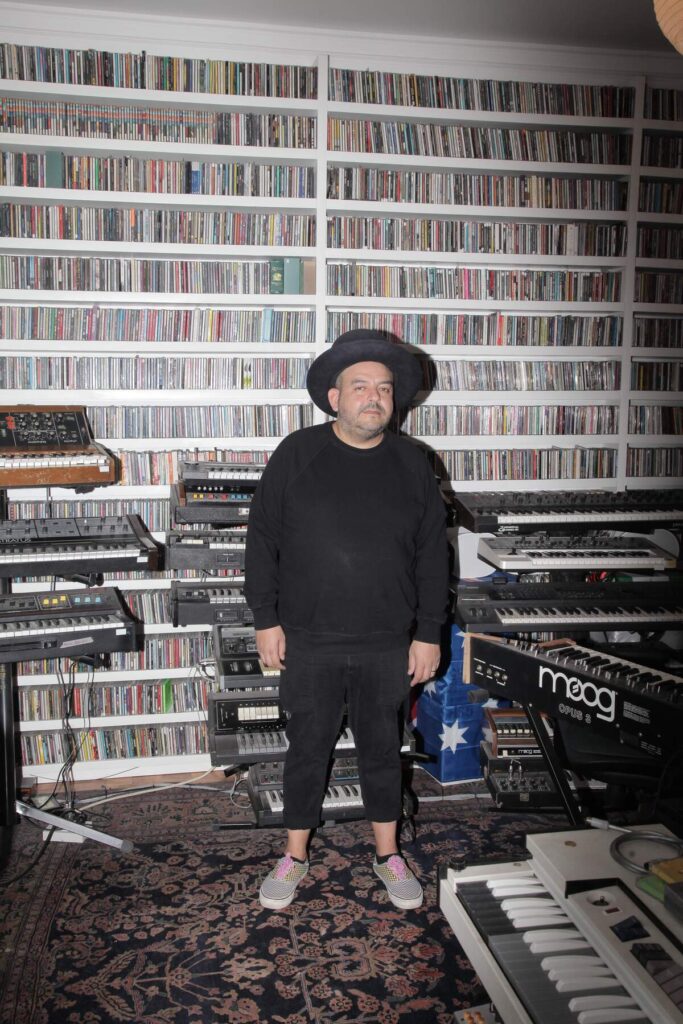
“I am very committed to Mexican music”
Two decades in, and you’re still out here messing with the ghosts of Mexican soundscapes. When you’re digging through the rubble of culture, do you ever feel like you’re exorcising your own demons, or are you just in it for the groove?
Camilo Lara: Well, it’s a tricky one. I’m Mexican and I live in Mexico City. You probably heard my music a while ago and forgot about it. As for me, I continued working around Mexican music. I became one of the leading producers in the Mexican scene. When I started DJing cumbia at raves, this was just an anomaly. Now cumbia is back to the mainstream.
I produced the most successful artist in the Mexican market, called Los Ángeles Azules. Some of the songs on that album have over a billion streams. I am very committed to Mexican music, and most of the stuff I have done over the years has been to push my community to a better space.
So for me, this is not a trend. I live that every day. It’s not like I’m living in Sweden and thought of messing with my culture for a little bit and then forgot about it.
You’ve managed to twist the DNA of cumbia, mariachi, and electronica into something that sounds both timeless and futuristic. But tell me this: are you carving out a whole new mythology for the next generation to worship?
When I started, there was some prejudice against messing with popular music. But that has changed (for the good). You see the Corridos Tumbados people reinventing the genre: Peso Pluma, Natanael Cano. It’s a very exciting moment for Mexican music. It is alive, and there is an army of people who are aware of their roots but want to do something different.
“Songs are like pages in your diary”
The compilation ‘Algo + Ritmo’ spans 20 years of your career. When you were putting this Frankenstein’s monster of tracks together, were you more like Dr. Frankenstein or the monster himself—are you in control, or is the music running the show?
Songs are like pages in your diary. Some of the songs there I love, some of them are my immature self doing my thing. It’s alright. When you see a family photo album, you see photos of yourself, and you hate most of them. The fashion changes, but at the end of the day, you are all that. Same with this compilation.
The front cover of ‘Algo + Ritmo’ is a monolithic stone of my head. It seems it was abandoned and discovered centuries later. And that is how I feel. I created my music just for myself and published it, and years later, people discover it and appreciate it (or not). My own story becomes history.
You’ve tangoed with Beck, remixed Metallica, and probably had drinks with ghosts at some point. What’s the craziest, most nonsensical collaboration you’ve ever dreamed of that didn’t happen—yet?
When I was 22 and working on my first album, ‘Mejico Maxico,’ I started visiting Esquivel! at his house in Cuernavaca. He was in bad shape—broken hip and sort of depressed. That album has a lot of notes that Mr. Juan gave me. I feel so lucky to have met him and become his friend. I’ve had really random collaborations: Lee Scratch Perry, Toots and the Maytals, Cornelius, Sly and Robbie, Tom Tom Club, Beastie Boys…but none like Esquivel!
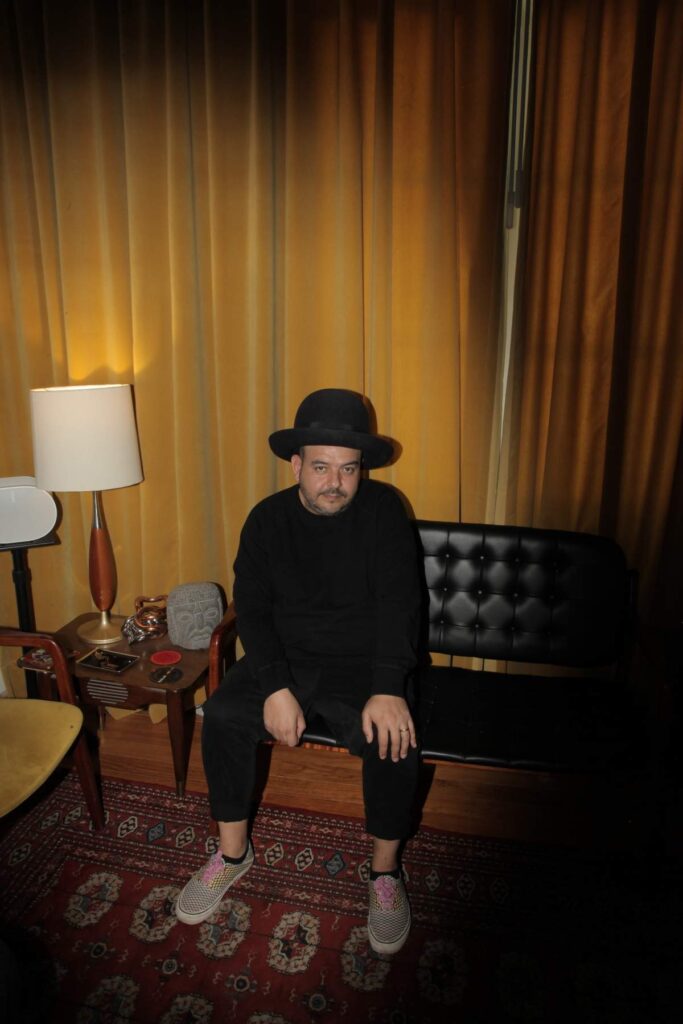
You once said the dance floor is the last democratic place on Earth. But let’s be real—do you think people are still dancing together, or is everyone just alone in a crowd with their heads buried in their screens?
Well, if you go out on a Wednesday night, you will find the answer. My mom used to say that when I spent all my time playing video games. So, there is a little bit of truth in both. There is freedom and democracy in dancing. And there is a whole world to discover on the web.
I’m a product of the web. I wouldn’t be playing in London if my music hadn’t had the chance to travel like that.
‘Coco,’ ‘Narcos,’ ‘Black Panther’—you’ve had your fingerprints all over the pop culture zeitgeist. But do you ever feel like you’re just a cog in the machine, or are you secretly infiltrating the mainstream with some subversive agenda? What’s the ultimate act of rebellion in your book?
Those films are going to be filmed, and those stories will be told. So, it’s better if I can infiltrate and invite the movers and shakers of Mexican culture. I do think Coco or Black Panther are amazing because they showcase everything that was happening in popular music in Mexico and showcase it respectfully. Nothing wrong with that.
I was completely happy to see Mono Blanco credited with Rihanna on the Black Panther main theme. They gave them visibility. That is the most important thing. If you have a way to make it happen, do it.
My act of rebellion is declining all the rest of the Hollywood projects that didn’t approach my culture in a respectful way.
In 2004, you lit the fuse on this sonic Molotov cocktail we call Mexican Institute of Sound. If you could sit your younger self down, pour him a stiff drink, and give him a lecture, what would you rip him apart for? Or would you just laugh it off?
I would tell him, “Read the fucking Pro Tools manual, and you will be doing it better!” I didn’t care. When I sent my first album to mastering, the engineer told me, “Dude, your album is mono!” I didn’t even know how that happened.
So here we are, 20 years deep, with a shiny compilation to show for it. But let’s talk about the future: What’s the one thing you’re dying to do next that scares the hell out of you?
I just enjoy making music. A few more years performing live, and that’s it. I will continue releasing music, but probably with little or no touring at all. I’m making music more than ever—producing, scoring films, collaborating. Nothing scares me, besides going on tour again, ha!
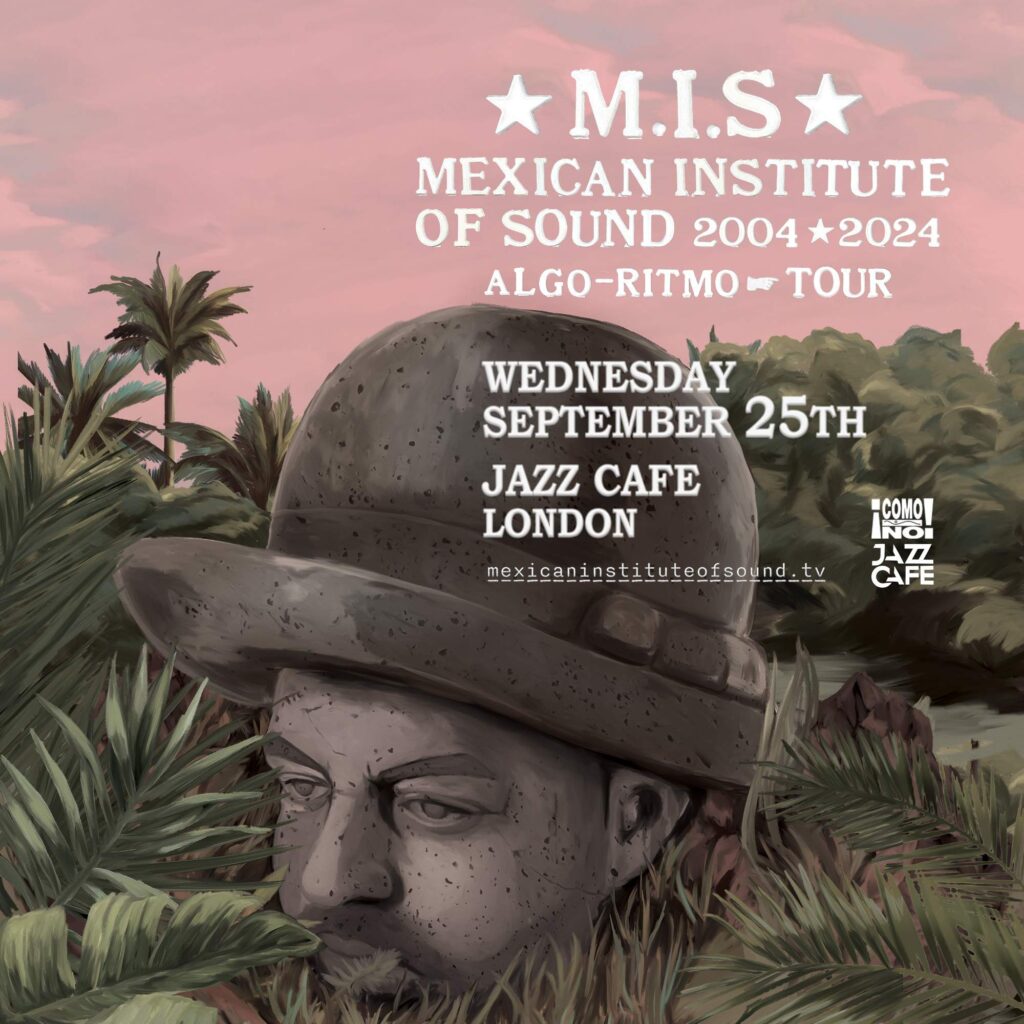
You’ve spent two decades pushing boundaries, but here’s the kicker: what if there are no boundaries left to push? What do you do when you’ve crossed every line—make new ones or burn the whole map?
What are you talking about? There are more boundaries than ever. There is more fascism than ever. There’s a lot to do. My parents grew up in the ’60s and always had very idealistic conversations about culture and political action. Growing up in the late ’80s and the ’90s, I didn’t quite understand that until the 2010s. We have to fight against fascism. It’s now or never.
What’s the one piece of music you’ve created that still haunts you—something that, no matter how many times you’ve played it, you still can’t shake the feeling that it’s holding a piece of your soul hostage?
Well, I don’t usually listen to my music. I sell it, but I’m not a consumer. First rule of dealing…
They say music can change the world, but what’s the most insignificant, mundane thing that your music has ever influenced?
When I listen to ‘The Globe,’ a song by Big Audio Dynamite, I thought they were changing the world. Something so mundane that could have samples and music from all over the world in a modern pop way…
Music can change the world.
As for my music, whenever I hear all those sound-alike TV advertisements that clearly used my music as a reference, it makes me think… at least I had some impact on the low-level, poorly paid creative advertising executives.
Let’s end this interview with some of your favorite albums.
I will always say go and revisit Bola de Nieve, followed by Suburban Lawns.
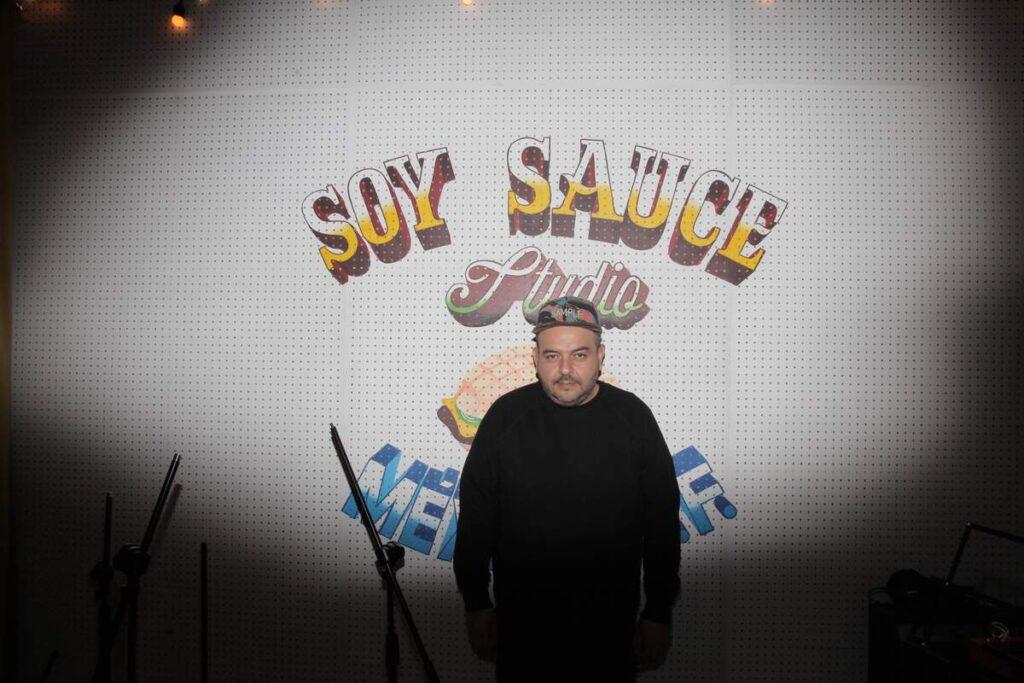
Thank you. The last word is yours.
Thank you!
Klemen Breznikar
Mexican Institute of Sound Official Website / Facebook / Instagram / Twitter / Bandcamp / YouTube

